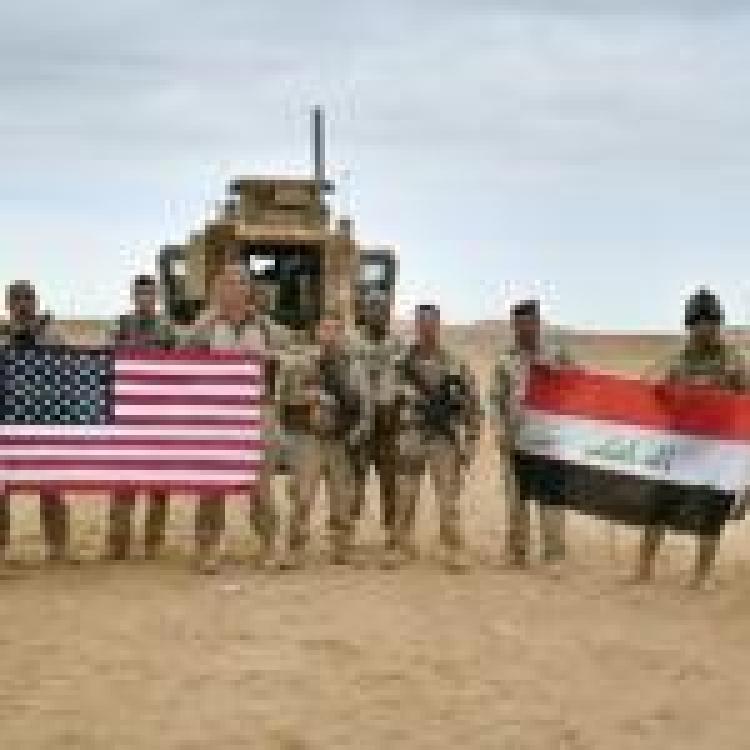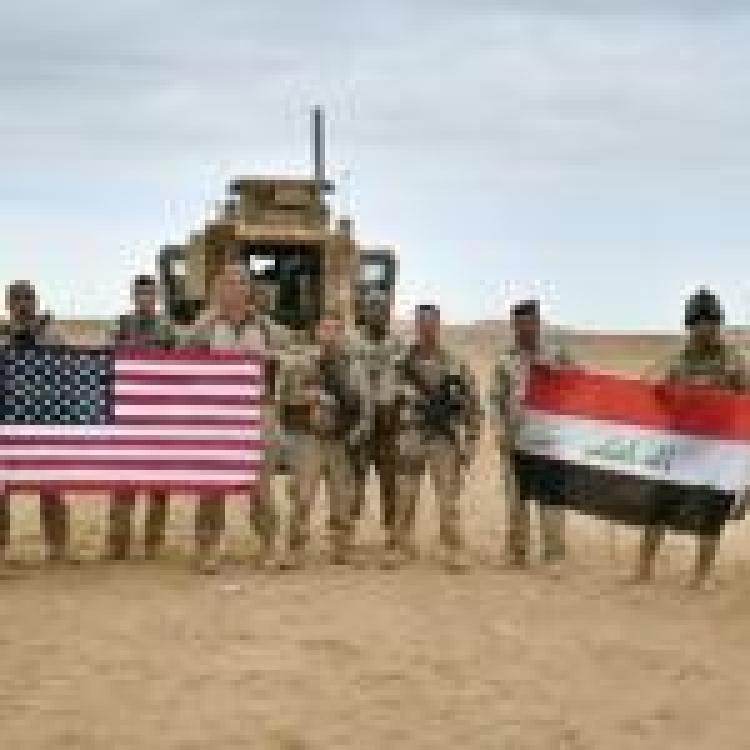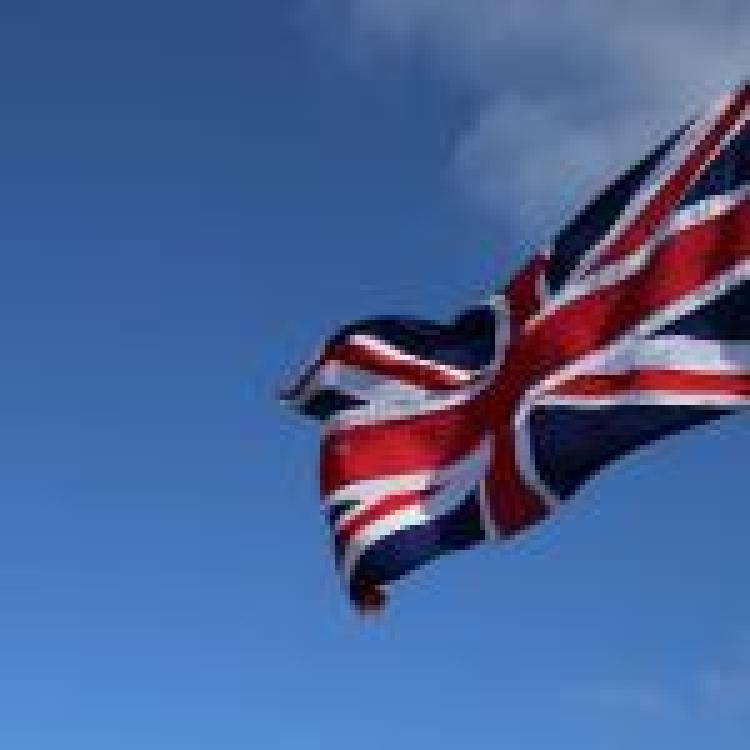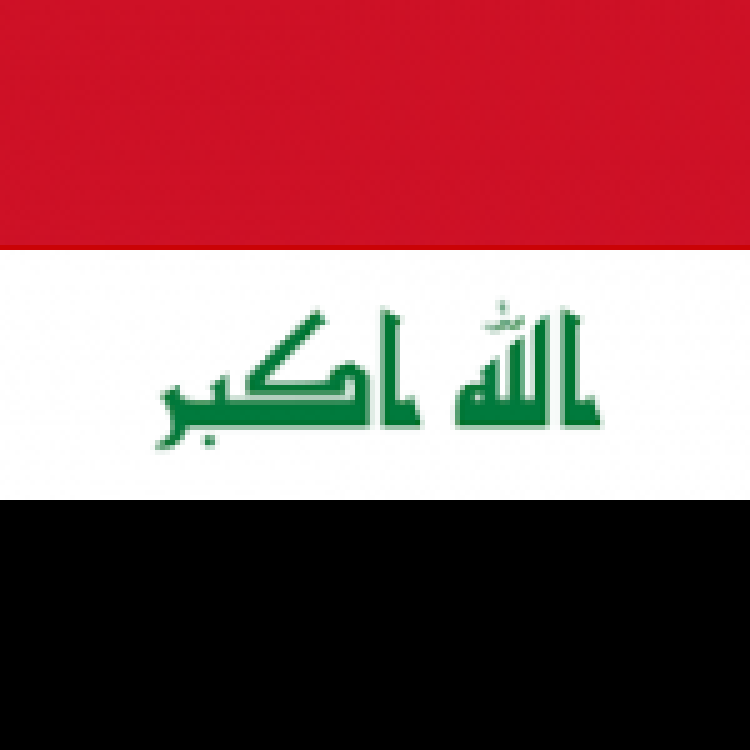.jpeg)
Two people have been killed and between 20-30 injured by security forces during renewed anti-government protests on Sunday in Baghdad, the Iraqi capital, over corruption, rising unemployment, and poor public services.
Tahrir Square, also known as Liberation Square, has been taken over by demonstrations once again after months of quiet during the Covid-19 pandemic. Citizens had been protesting against recent power cuts in the middle of a summer of scorching heatwaves, temperatures reaching above 50 degrees Celsius (122 degrees Fahrenheit) in Iraq. Protestors were seen to chant slogans and burn tires.
Protestors had started marching from the landmark protest location towards the nearby Tayaran Square, blocking access to two main intersections in the city, when Iraqi security forces unleashed tear gas and opened fire. Sources have described ‘plain-clothed officials’ using live ammunition against the crowds late on Sunday. On Monday, medics in Baghdad reported the two killed as having been hit in their head and neck by tear gas canisters which are known to be capable of piercing the skull if fired directly rather than lobbed an arc.
New Prime Minister, Mustafa Al-Khadhimi, has released a statement acknowledging the recent “unfortunate events’ and has agreed to launch an investigation into Sunday’s events for accountability, however, his office maintains that security forces have instructed to resort to violence only where it is absolutely necessary.
Recent demonstrations have resumed after a period of quiet since last October in which Iraq saw its largest anti-government protests in decades. Hundreds of thousands of Iraqis rallied to demand jobs, better public services and the removal of a government ruled by an allegedly corrupt elite. The conflict between protesters and security forces leftover 550 killed and nearly 21,000 injured.
According to commentary by the think tank, Chatham House, the dominant parties are financially supported by companies who award contracts to companies intricately linked to the politicians in exchange for government protection.
The protests resulted in the resignation of ex-Prime Minister, Adel Abdul Mahdi. Al-Khadhimi is already being likened online to his predecessor after failing to deal with an economic crisis due to crashing oil prices and a sharp increase in Covid-19 cases.
Read more from Al Jazeera and Chatham House




